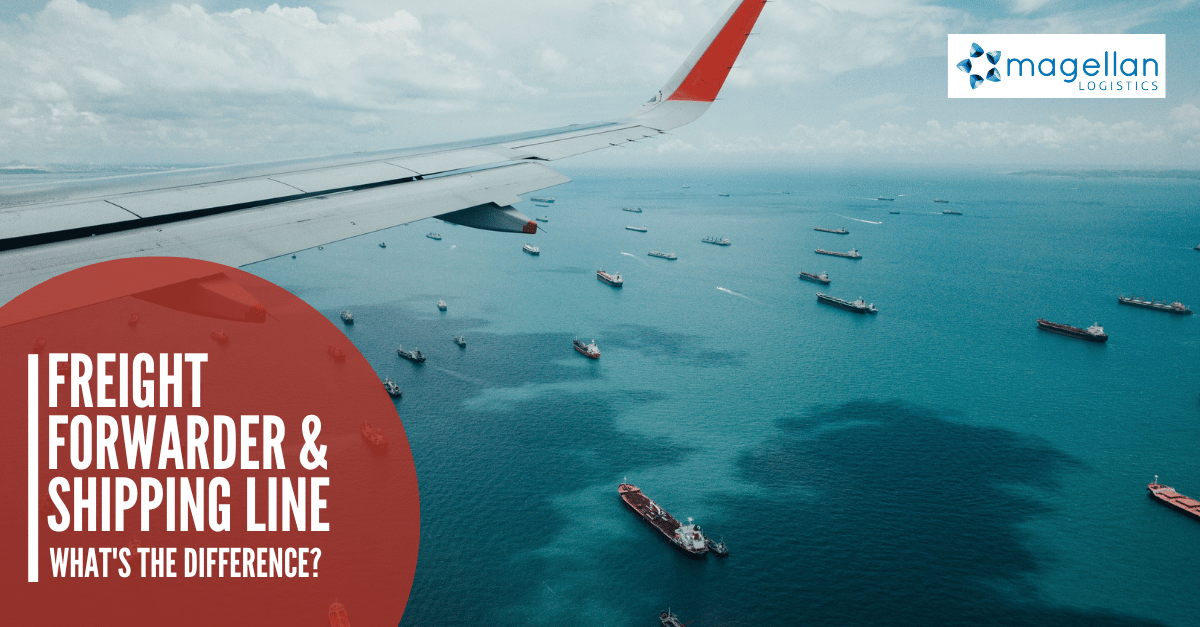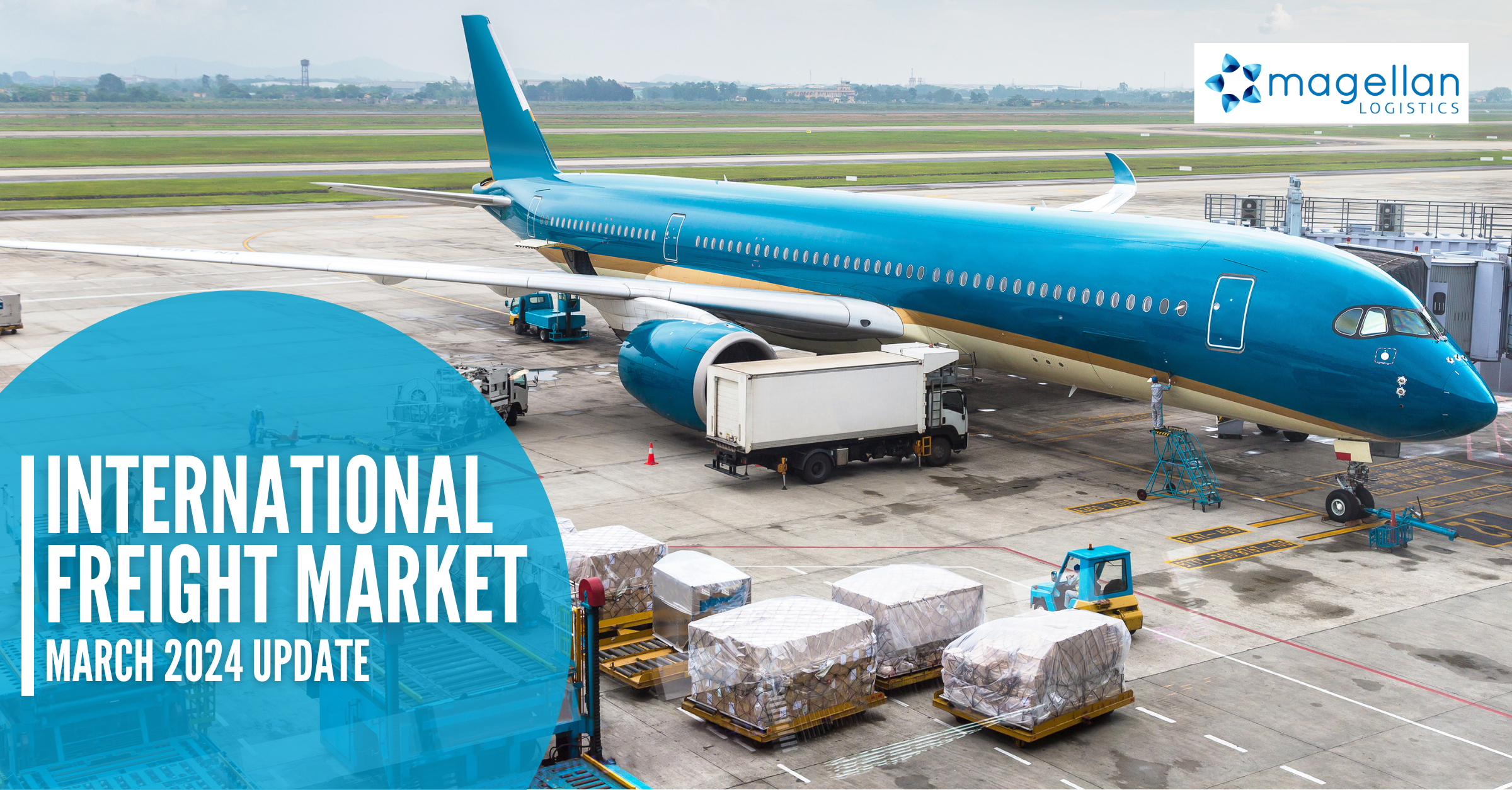Freight forwarder vs shipping line. Both are fundamental to the international freight industry and global supply chains, but each plays a different role. They work in partnership to facilitate the transport of goods internationally. As such, it is important to distinguish their various roles and understand the interaction between freight forwarders and shipping lines.
Shipping lines, also known as carriers, are companies that own or lease ships and are in charge of the operation of international freight vessels. They are typically large, multinational corporations that offer their services to shippers across the globe. It is their job to transport goods from port to port via sea. Shipping lines are also responsible for the loading and unloading of goods in a safe manner.
Freight forwarders are the logistics agents of the international freight industry. A freight forwarding business manages all the steps in moving goods from origin to destination on behalf of a shipper. Effectively forwarders provide a door-to-door service. Forwarders oversee the whole process of the goods transport and work to ensure that the operation runs as smoothly as possible. Some of the work undertaken by a freight forwarder includes:
- Overseeing the shipping of goods, including carrier, packing, mode, and route.
- Negotiating terms with carriers, booking space and handling payments.
- Managing customs clearance, transport documents, and insurance paperwork.
- Tracking and communicating shipment status in real-time.
- Ensuring carriers deliver shipments as agreed and overcome issues if they don’t.
- Anticipating potential hold-ups and troubleshooting where things go wrong
Another example of freight forwarders’ services is freight consolidation, either through a third party or by the freight forwarder themselves. Freight consolidation is when a shipment that is less than a container load (LCL) is combined with other LCL cargo into one container. This drastically reduces costs by optimising the use of transportation resources and the number of individual shipments, as an importer is then only required to pay for a fraction of container space occupied by their goods.
Freight forwarders also facilitate split shipments. Split shipments involve dividing a single order into two or more separate shipments. They provide a shipper with the flexibility to send different shipments at different times, to various destinations and via alternative modes of transport. Split shipments can be required due to several reasons, such as:
- When production or availability issues arise, and there is a delay in completing the goods in an order, split shipments allow for the finished goods to be shipped, preventing stock depletion and delays.
- If an entire order is too large to be shipped at once, it can be split into smaller shipments that fit within the capacity of the transportation mode in use.
- If an importer cannot pay for shipping an entire order, splitting it into smaller shipments can lower the cost and allow an importer to ship goods gradually and according to their financial viability.
Split shipments are not a service offered by shipping lines and are one of the benefits of using a freight forwarder.
Specialty Services
Freight forwarders can also provide a variety of specialty services to meet the needs of specific cargo types and industry types, including:
Triangle shipments
These specialist freight forwarding services reduce the time it takes to ship components to an offshore supplier while protecting a shipper’s intellectual property. Strong relationships with clients and origin partners are critical to a triangles’ success.
Air/sea shipments
More cost-effective than Air Freight, Air/Sea provides better transit times than ocean freight. It retains all the value-added services standard to our Air Freight service with substantial savings on overall transportation costs while maintaining a fast transit time.
Garments-on-hanger
The garments-on-hanger method allows shippers of sensitive fabric garments to receive wrinkle-free clothing needing little or no re-work, reducing costs and lead times. The supplier can complete all the garment preparation at origin in many cases.
Other important differences
Another critical difference between freight forwarders and shipping lines is the ownership of assets. As shipping lines own and operate their own ships, they have great control over transportation. They can set their schedules and routes and adjust them as needed to accommodate changes in demand or other factors. On the other hand, freight forwarders do not own any transportation assets. However, they have greater flexibility regarding the transportation options they can offer clients.
While goods are at sea, shipping lines carry all the liability. If goods are lost or damaged during transit, shipping lines can be held responsible for any losses incurred by the shipper. Shipping lines are required to carry cargo insurance to protect against these risks. Furthermore, shipping lines are responsible for the timely delivery of goods to port. Freight forwarders are not liable for any goods being transported. However, they are liable for the services they provide, such as the packaging, labelling and documentation of goods such that they comply with customs and other regulations.
If a shipment becomes delayed, freight forwarders can mitigate the impact by arranging an alternative carriage. This can include switching freight to a different shipping line or vessel, rerouting the cargo to a different port or using a different mode of transportation, such as air freight. Freight forwarders can also organise the temporary storage of goods in a warehouse if a shipment is delayed, keeping the goods safe until the issue is resolved. Shipping lines do not provide said services, and if a ship is delayed, goods may sit at the port for an unknown amount of time until the issue is solved.
Freight forwarders ensure that once a shipment has cleared customs, a form of road transport is ready to take the goods to their final destination. A crucial part of the freight forwarders’ door-to-door service is cartage or road transport – usually from the destination port or airport to a shipper’s warehouse or premises. The services offered by shipping lines only go as far as loading and unloading the cargo.
Freight forwarder vs shipping line
So what is the overall difference between a freight forwarder vs shipping line? Freight forwarders offer a more personalised, comprehensive shipping management service than shipping lines. Freight forwarders use their skills and industry knowledge to tailor a service to meet a client’s needs. This can include planning routes, choosing the most effective mode of transport, customs clearance, cartage and other value-added services such as real-time tracking packaging, labelling and inventory management. But a forwarder comes into their own when an unforeseen mishap occurs by applying their experience, tools and talents to solve the problem and get their clients’ cargo moving again.
Magellan Logistics provides freight and logistics services to all industries, including sea freight, air freight, customs clearance and the all-important digital freight portal providing 24/7 visibility of all your shipments. Get in touch with one of our freight specialists on 1300 651 888.
Sources:













